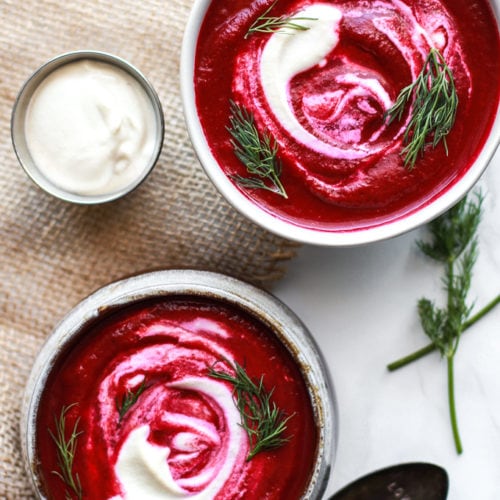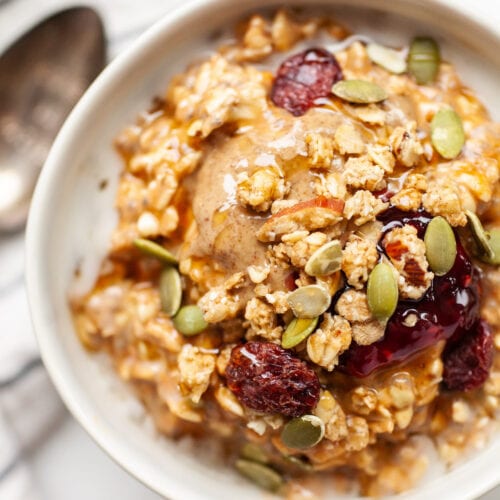Of course diet has A LOT to do with weight, and wether you are losing it, gaining it, or maintaining it! However, there are other contributors that have a big impact on weight as well!
Do any of these apply to you??
1. Stress
When the body is under stress the adrenal glands produce hormones (adrenalin, corticotrophin releasing hormone (CRH), and cortisol). Cortisol is the particular offender when it comes to weight gain. When we are under stress and cortisol is released, it works to replenish the nutritional stores that should have been burnt while our body was “flighting or flighting”.
Unfortunately for us, we aren’t being chased by lions, tigers, and bears (although that wouldn’t be the greatest either come to think of it!) to cause our stress, instead we are usually sitting in our cars, at our desks, or somewhere else experiencing stress not expending any calories that we would be if we literally were “fighting or flighting”. After the “stress” has passed, cortisol hangs around in our bodies and can remain elevated. With recurrent episodes of stress, cortisol will ultimately increases your appetite and drive you to eat more!
So, the best advice here is… to manage your stress! Find out what works best for you to relieve your stress in a non-food, non-drink ;), related way – such as a massage, going for a walk, talking it out, mediating, praying, etc.
2. Genetics
Children born to overweight parents are at risk of being born with more fat cells, so keeping the weight off is not impossible, but it will be more of a challenge. I heard once a very good saying regarding this:
genetics are the cards we are dealt, but it is how we play our hand that determines the outcome
It is true that if your parents were overweight you may also have a tendency to be overweight, however, it does not mean you are destined to be. Howard Eisenson, MD, the executive director of the Duke Diet & Fitness Center pointed out that research suggests that genetics accounts for 50 to 70 percent of our weight variability, meaning that being fat, even if you’re loaded up with the “bad” genes, is in no way a done deal. “Just because someone has a lot of obesity in her family doesn’t mean she will inevitably develop it,” Dr. Eisenson says.
So what’s the answer if your genetics aren’t technically playing in your favor? Work hard to live a fit and healthy life; prioritize exercise, eat clean, portion control, change bad habits and work to develop positive ones – play your cards with determination and beat the so-called “odds”!
3. Skipping Meals
Many people think if they skip a meal their body will use fat for fuel. Nothing could be further from the truth. When there is no food for fuel, the body holds onto fat and uses lean muscle tissue, which is a cleaner burning fuel for the body. Your body also tries to conserve it’s fat stores and lowers your metabolism!
Consequently, we lose muscle mass, store more fat, and our metabolism goes “kaput”. Going any longer than 3.5 hours between meals not only causes blood sugars to drop which can lead to hypoglycemia, it also often leads to late-night cravings, overeating, and poor food choices.
The fix? Be sure to eat smaller meals or snacks every few hours, aiming for 5-6 per day! Focus on planning your meals and snacks ahead – don’t get caught in a situation where you haven’t eaten for hours! Always have healthy snacks handy in case you do get stuck in traffic, or are out and about running errands, in a late meeting, etc. Keep your body burning fat for fuel and not keeping it as extra “insulation”!
4. Liver Dysfunction
The liver is the “housecleaning” organ of the body. It processes hormones, eliminates toxins, cleans the blood, metabolizes proteins and carbohydrates into energy, manufactures bile to help break down fats, among hundreds of other functions. Good liver function is necessary for the proper production and activation of the hormones, such as the thyroid hormones, that stimulate fat burning. When the liver is overworked, because of things such as alcohol abuse, using medications and drugs, poor eating habits (especially an overconsumption of fats, animal-based proteins, and refined sugars) the liver cannot produce or activate these hormones as efficiently, and the body cannot burn fat the way it should… no matter how much exercise you may do or what other natural weight loss steps you take!!!
So how do you improve your liver function and make sure your liver is squeaky clean? Reduce the detoxification load on the liver! Moderating alcohol consumption, avoiding non-essential medications, cleaning up the diet, and upping your water intake are all a great start! If you are feeling up to it you can even try one of the many liver cleanses out there, but they tend to be a little extreme, so tread carefully!
5. Lack of Exercise
This one is pretty simple… exercise burns calories and builds muscle, both of which are required for maintaining a healthy weight! SO stay active! Make exercise and physical activity a part of every single day. Yes, I said it, EVERY SINGLE DAY! 🙂
6. Medications
Many medications disrupt normal food cravings or metabolic rate. A prime example is antidepressants which are a main medication contributing to weight gain. Although I will most definitely not tell you to stop taking any prescribed medication without discussing it with your doctor, it is important to do your research regarding the medication you are prescribed, and always discuss the possibility of more natural alternatives with your doctor or a naturopath!
I hope you enjoyed this little change-of-pace post!
Stay tuned to the blog for some delicious and healthy recipes!
Christal
Nutritionist in the Kitch








are there any liver cleanses you would suggest?
Hi Candyce – rather than a product, I would suggest starting with a mild cleanse that would consist of eliminating all meat, dairy, refined sugars, caffeine, and alcohol from your diet for 4 days or so (best to do over a weekend when you can relax at home), drink lots of water with fresh squeezed lemon (lots!! 2L/day minimum), supplement milk thistle and garlic extract – stick to broth based vegetables soups, legumes, nuts, seeds, whole grains, and some fruit, get adequate rest, as it is common to feel weak, shaky, or a little nauseous during a cleanse. Then after completing a mild cleanse like that you can move into more of a “product cleanse, or liver flush”!